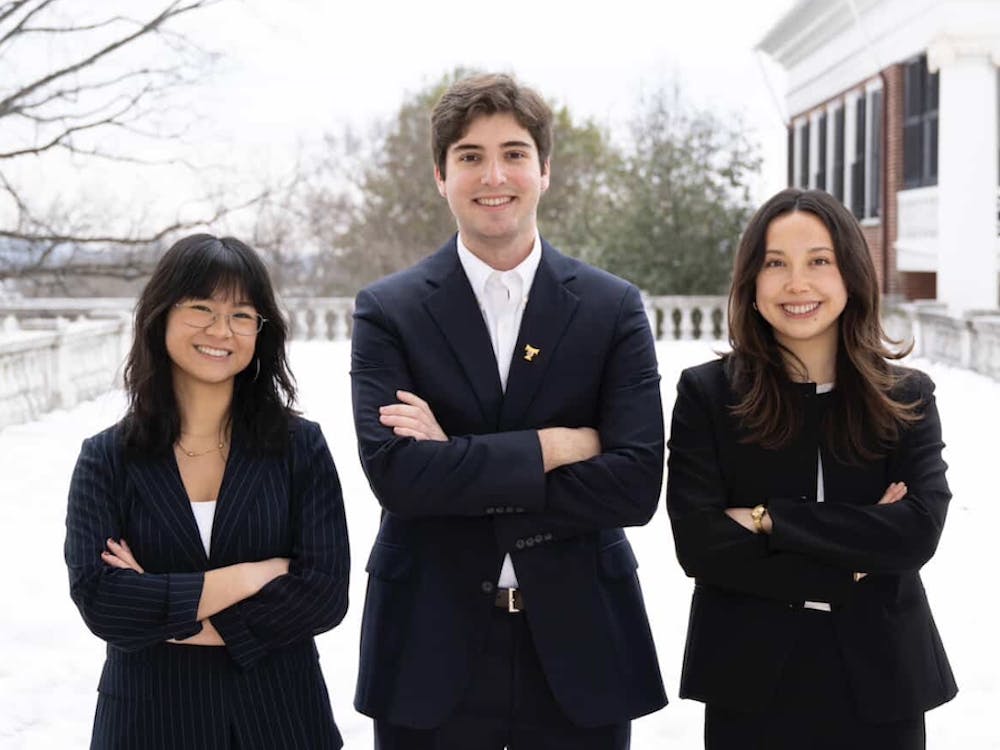The University’s Biomedical Innovation Fund announced Friday it would grant $200,000 to several University research projects designed to improve diagnostic techniques in disease treatment.
Four proposals, three from the Medical School and one from the College’s biology department, were selected to receive $50,000 each. The foundation has been awarding grants since 2008, and received a record-breaking 28 proposals for those awards this year, said Dr. Christopher M. Kramer, a University professor of radiology and member of the fund’s review and governing boards.
“[T]he goal is to spearhead research that may or may not be funded through other mechanisms [and] that will lead to improvement in patient care,” Kramer said. “Moderate sized grants that can jump-start projects can lead to larger scale projects that could be funded by other mechanisms.”
The winning proposals address a variety of medical fields, ranging from a new therapeutic technique to stimulate the red blood cell production in cancer patients and some diabetics, to an exploration into the use of a predatory vampire bacteria as a therapy against a bacterium that causes pneumonia in cystic fibrosis patients.
“There are no preordained areas of giving,” Kramer said. “We select the projects that are the most deserving and innovative and we go from there.”
Dr. Robert Thiele, a thoracic surgeon who is completing a critical care fellowship at the University and received one of the foundation’s grants this year, said the fund is an important resource for research which would otherwise often go unfunded.
“Clinicians interested in biomedical device development typically have a difficult time obtaining external funding,” Thiele said in a press release. “The Biomedical Innovation Fund award will allow us to construct a workable prototype in the setting of a teaching institution and, if all goes well, move directly toward commercialization.”
More than $1 million has been granted to 22 projects since the program’s inception, with each project receiving between $20,000 and $80,000, according to the Fund’s website.
“We are very excited about the grants we have given out over the last several years,” Kramer said. “The grants we have given in previous years have developed into multiple patents and have received funding from other groups.”






